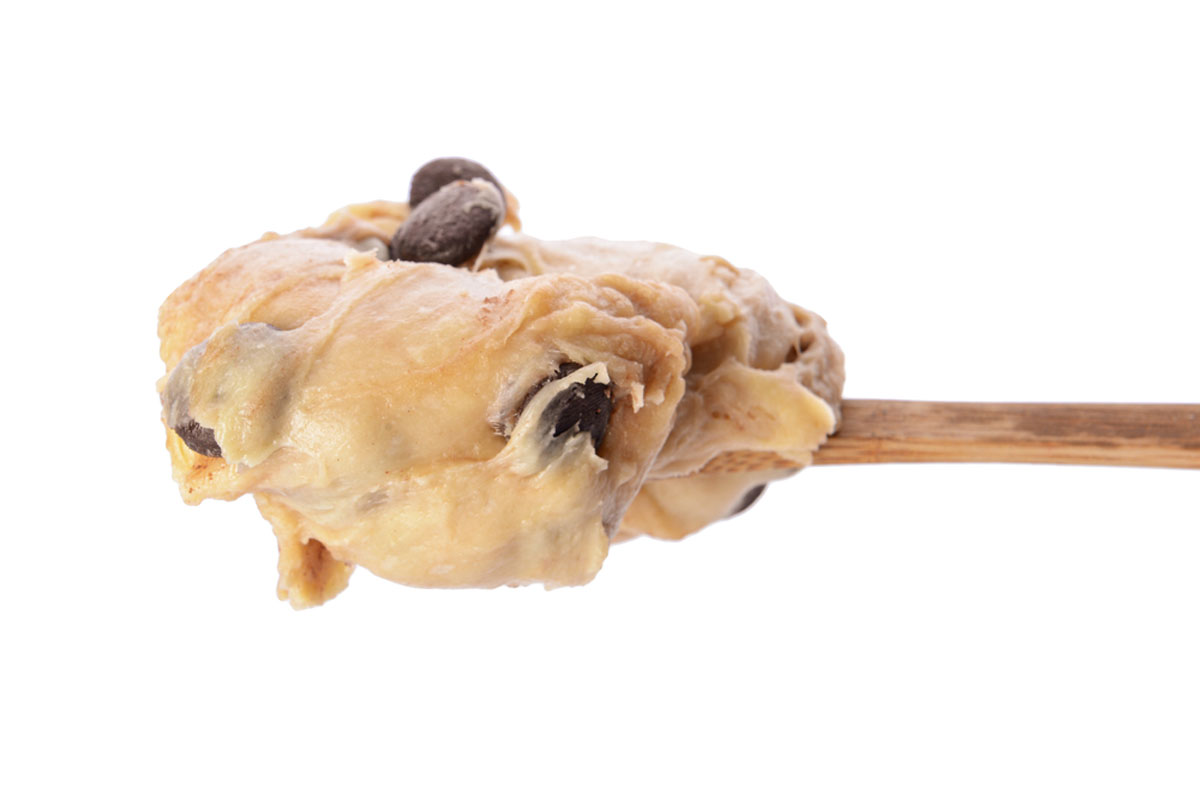When it comes to baking cookies, mastering the dough is the key to success. The dough is the foundation of every cookie, whether you’re making classic chocolate chip cookies, shortbread, or intricate cut-outs. For beginners, understanding the process of creating perfect cookie dough can feel daunting, but with the right tips and techniques, it becomes an enjoyable and rewarding experience. Here’s a comprehensive guide to help you craft cookie dough that yields delicious results every time.
1. Start with Quality Ingredients
The foundation of great cookie dough starts with fresh, high-quality ingredients. Always use unsalted butter to control the saltiness, and opt for pure vanilla extract rather than imitation for a richer flavor. Fresh baking soda or powder is essential for proper rising, and good-quality chocolate, nuts, or dried fruit can elevate your cookies.
2. Measure Accurately
Precision is crucial in baking. Use measuring cups for dry ingredients and a liquid measuring cup for wet ingredients. Spoon flour into your measuring cup and level it with a knife instead of scooping directly from the bag, which can result in too much flour and dry dough.
3. Cream Butter and Sugar Properly
The creaming step is critical for creating light, fluffy cookies. Beat the butter and sugar together until the mixture is pale and airy. This process incorporates air into the dough, helping the cookies rise and bake evenly. Don’t rush this step; it usually takes 2-3 minutes on medium speed with an electric mixer.
4. Know the Role of Each Ingredient
Understanding how ingredients interact can help you troubleshoot issues and customize recipes:
- Butter: Adds richness and moisture. Softened butter mixes well, while melted butter can make cookies chewier.
- Sugar: White sugar contributes to crispness, while brown sugar adds chewiness and a deeper flavor.
- Eggs: Bind the ingredients and add moisture. Room-temperature eggs blend better into the dough.
- Flour: Provides structure. All-purpose flour is a standard choice, but experimenting with blends can yield different textures.
5. Mix Ingredients in the Right Order
Follow the recipe’s sequence to avoid overmixing. Start with creaming butter and sugar, then add eggs and vanilla. Gradually incorporate the dry ingredients, mixing just until combined. Overmixing the dough can develop gluten in the flour, resulting in dense or tough cookies.
6. Chill the Dough
Chilling cookie dough is an often-overlooked step that can make a big difference. It firms the butter, preventing cookies from spreading too much while baking. It also enhances the flavors as the ingredients meld together. For most recipes, 30 minutes to 1 hour in the fridge is sufficient, though overnight chilling can yield even better results.
7. Invest in the Right Tools
Having the proper tools makes the process smoother:
- Mixing Bowls: A set of sturdy mixing bowls is a must.
- Hand or Stand Mixer: Makes creaming and mixing much easier.
- Cookie Scoops: Ensure uniform cookie sizes for even baking.
- Silicone Baking Mats or Parchment Paper: Prevent sticking and make cleanup easy.
8. Know Your Oven
Ovens can have hot spots, and their actual temperature might differ from the setting. Use an oven thermometer to ensure accuracy, and rotate your baking trays halfway through the cooking time to ensure even baking.
9. Taste Test and Adjust
Don’t be afraid to tweak recipes to suit your preferences. Whether it’s a pinch of extra salt, swapping vanilla for almond extract, or adding an unexpected ingredient like cinnamon or orange zest, small changes can make your cookies stand out.
10. Troubleshooting Common Dough Problems
If your dough isn’t coming together as expected, here are some quick fixes:
- Too Sticky: Add a little more flour, one tablespoon at a time, until the dough is manageable.
- Too Dry: Add a teaspoon of milk or water at a time to moisten the dough.
- Too Soft: Chill the dough before shaping and baking.
11. Practice Makes Perfect
The more you bake, the more confident you’ll become. Start with simple recipes and work your way up to more complex creations. Each batch is an opportunity to refine your skills and enjoy a sweet reward.
Final Thoughts
Mastering cookie dough is an art that combines precision, patience, and a bit of creativity. With these beginner-friendly tips, you’re well on your way to crafting dough that will make your cookies the star of any gathering. So, roll up your sleeves, preheat the oven, and get ready to bake your way to cookie perfection!
Happy baking!

